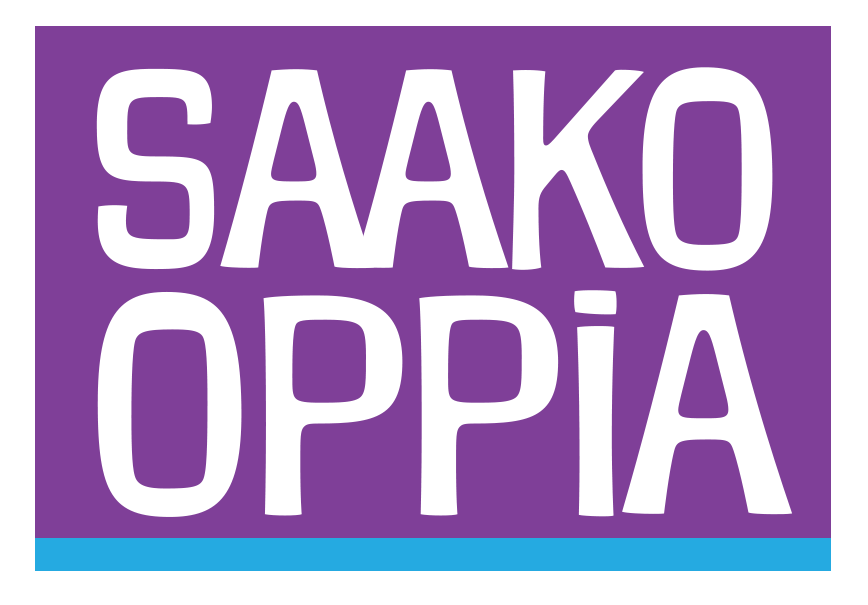Accessibility in Educational Pathways and the Right to Learn – Is Learning Achievable for me?

The aim of this ESF-project is to promote equal and accessible educational pathways and flexible study opportunities. The main task is to develop a digital and multi-channel guidance environment that identifies different needs of support and combines existing expertise and experience. People who have experienced barries or challenges in their studies are active participants in the development work themselves.
Our development partners are Valo-Valmennusyhdistys ry and the Live Foundation sr. The ADHD Association is involved as a partner without funding from the project. In addition, development work is carried out in close co-operation with the field of NGOs representing the target groups.
The aim is to improve the accessibility and give experiences of the capability for the target group. Participants’ digital skills and ability to take advantage of digital services are strengthened while they participate in development work. At the same time, those involved in co-development will strengthen their under-standing of the design and implementation of achievable digital guidance environments.
Development work can be considered as a step-by-step co-creation process in which, after the mapping phase, move on to joint development and concept design of the digital guidance environment. During the process we´re going to co-operate with the guidance staff, workplace instructors and other experts. In addition to the project partners, the NGOs representing under-represented groups will be provided with the expertise and experience needed to develop the service. The project is also an important channel to influence or to offer the opportunities for work-based learning or internships to the students involved the project.
The project will increase knowledge and skills that values diversity and serves the development of accessible services. The information, material and channels gathered in the digital environment can be further used and disseminated in the development of accessible learning pathways, digital learning environments and guidance services. In addition, achieving the individual goals, the impact assessment of the project focuses on its more holistic aims, which support ethically sustainable development and respect human rights.

